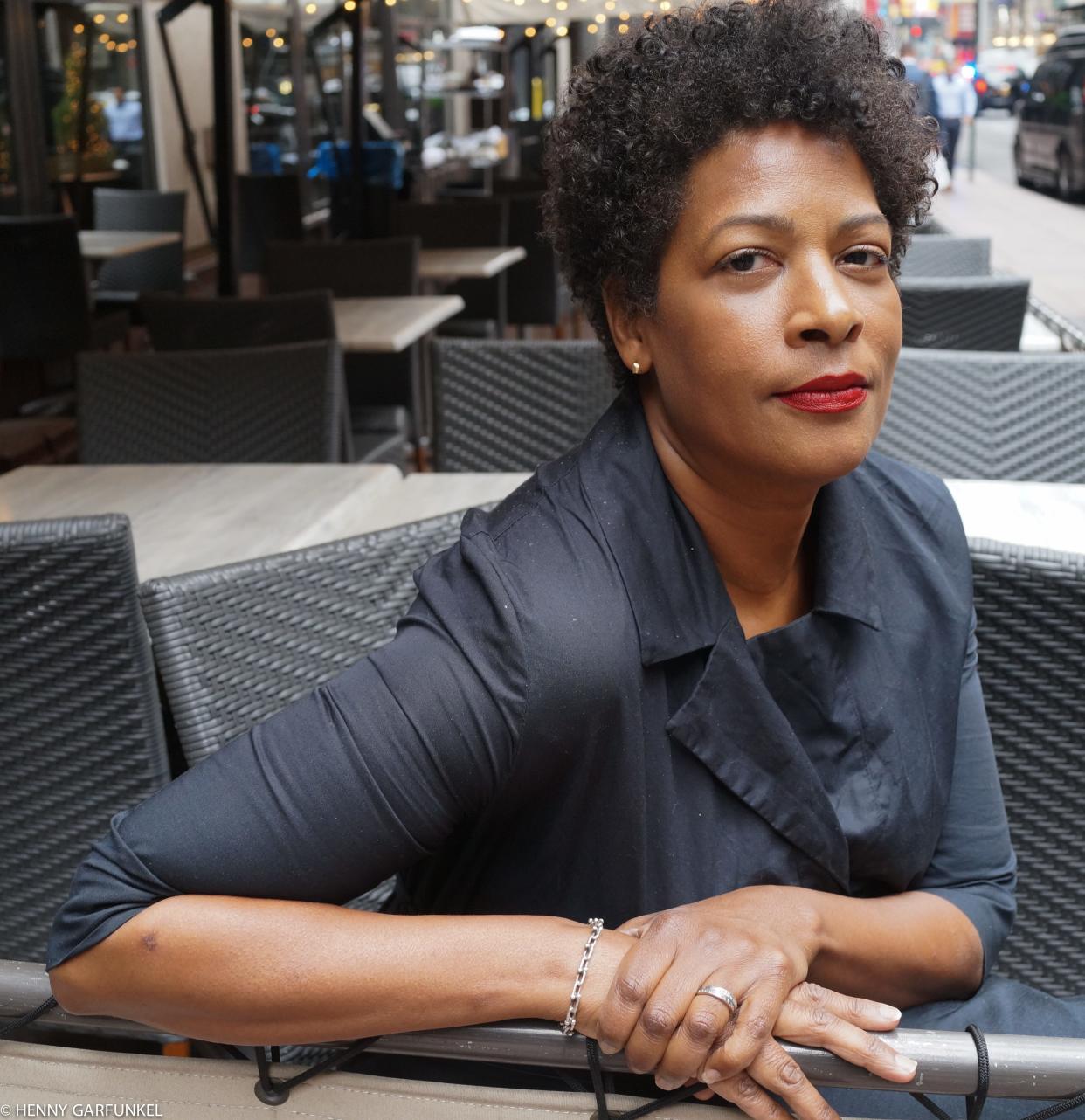John Lewis lived a life of faith, not just in God, but in love

What gives a person hope? What makes them determined and resilient, willing to repeatedly face personal danger for a larger goal? That was the question always in the back of my mind as I constructed the documentary "John Lewis: Good Trouble."
Lewis grew up in a large family on a farm in Troy, Alabama. His parents worked hard to feed, clothe and house their 10 children. When one's life is consumed with the hunt for bare necessities, you wouldn't think there'd be much room for dreams. But somehow, Lewis nurtured hopes for a better future, testing them out on chickens to whom he preached descriptions of a just world.
I like to think in those creative times he was able to imagine a condition he did not see — a world where a Black boy could get a library card at the white library or attend the school of his choice.
But that was not the world Lewis was born into.
It was the world he created.
Determine your own path
Studying philosophy and religion in college, Lewis had what he called an executive session with himself, wholly adopting a personal philosophy and dedication to nonviolence as a means of social advancement.
To understand what motivated the congressman, you must understand his particular form of faith. Faith in God certainly, but also faith in the power of love. He told me he would practice loving those who described themselves as his enemy. And in doing so, he never lost sight of their humanity. What he learned is that there is great power in passive resistance. The power to determine your own path, rather than have it be dictated by someone else’s hate.
People always ask me whether the congressman was truly as optimistic as his words suggest. I point them first to his actions. In the two years I spent documenting his life, I watched films in which a young Lewis walks again and again with almost preternatural calm into firestorms of hate.
As I watched hour upon hour of archival footage of a young Lewis, I saw a familiar pattern. Within days of being beaten on a bridge in Selma, he left the hospital ready to march. After being severely beaten during the Freedom Rides, he returned with his head in bandages ready for another trip.
Lewis’ superpower was his determination to never give up. In more than 60 years of activism, Lewis never allowed anyone else to make him hate. He faced his attackers literally head on by looking them in the eye, challenging them to see him as a fellow human being worth of dignity and respect.
USA TODAY News · Dawn Porter: 'He kept looking for the ways that he could help'
Loving his attackers
His words echoed his actions.
Studying his speeches, the refrain I heard him speak repeatedly was “never give up, never give in, never become bitter or hostile.” I think he was speaking those words to himself as much as he spoke them to others.
He told me that once he realized he could love his attackers, once he realized his love could outlast their anger, he lost all fear. And this, he told me, was ultimately how he found freedom. In losing fear of pain, suffering, even death, he felt free. Free to challenge unjust laws, free to challenge us all to be better.
There are so many things I learned from him in our time together, but the lesson I keep coming back to is that you do not have to shout to be heard. The person you have to persuade to do the things that are hard is most likely yourself.
Lewis found joy and purpose in doing things that were hard. Standing up to injustice, speaking out on behalf of others. The recent celebrations of his life have shown us the best of America. He so often quoted the words “we shall overcome” in speaking his hope for the future. Many emphasize the word “overcome,” but I think in this moment, he’d put the emphasis on the word “we.”
Only “we” can create a better world. A world worthy of Lewis’ love.
Dawn Porter is the director of the recently released documentary "John Lewis: Good Trouble."
Leaders of Change
Overview: A mayor, a filmmaker, a Navajo Nation president: Our take on Leaders of Change
Social and Criminal Justice:We allow 'the most marginalized among us to be exploited'
Policing reform: 'There’s so much at stake, but we were built for this moment'
Politics: ‘We're holding our prosecuting offices responsible’
Economy: 'When people have the resources to help themselves, they are going to'
Education: 'Black girls were experiencing harm ... beyond the rate of the boys'
Children's rights: 'We must redress racial inequality for children'
Health care: 'Unnamed wound is what I have come to understand as racial trauma'
Environment: ‘No community should be saddled with more environmental burdens’
Religion: 'Neighbors who did not understand neighbor love'
This article originally appeared on USA TODAY: John Lewis lived a life of faith, not just in God, but in love

